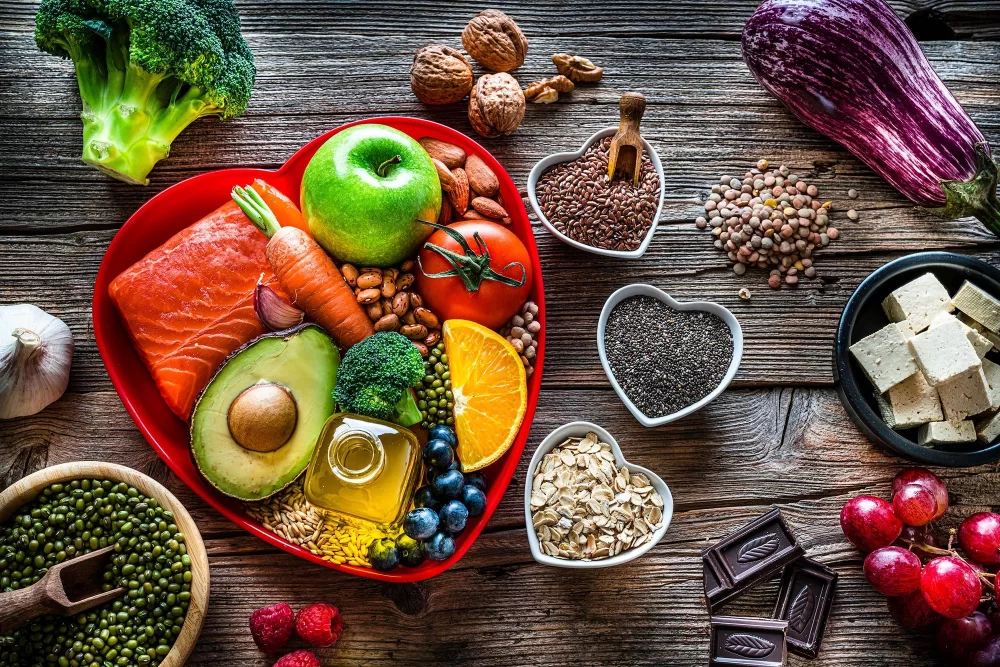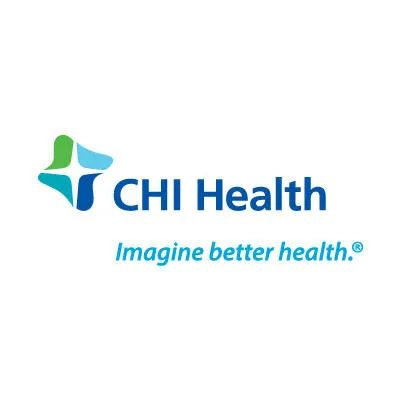Top Foods to Eat for Better Heart Health and Cardiovascular Wellness
- Understanding Heart Health and Nutrition
- Why Diet Plays a Key Role in Heart Health
- Top Foods to Eat for Better Heart Health
- Real-Life Stories: How Diet Can Impact Heart Health
- How to Take Action: Creating a Heart-Healthy Diet Plan
1. Understanding Heart Health and Nutrition
Heart health is influenced by a variety of factors, including genetics, exercise, stress, and, of course, diet. The foods we consume can either support or harm our cardiovascular system. A heart-healthy diet focuses on reducing inflammation, maintaining healthy cholesterol levels, managing blood pressure, and supporting overall blood circulation.
Many people are unaware that making simple dietary changes can have a profound impact on their heart health. By choosing the right foods, individuals can lower their risk of developing heart disease, strokes, and other cardiovascular issues. Let’s explore the critical role diet plays in heart health.
2. Why Diet Plays a Key Role in Heart Health
What we eat directly affects our cholesterol levels, blood pressure, and even inflammation, all of which are key contributors to heart disease. A diet rich in processed foods, unhealthy fats, and excessive salt can elevate cholesterol and blood pressure, leading to an increased risk of cardiovascular issues.
On the other hand, a diet high in nutrients such as fiber, healthy fats, vitamins, and minerals helps reduce these risks and supports heart health. The right foods can lower bad cholesterol (LDL), raise good cholesterol (HDL), reduce blood pressure, and even help manage your weight.
3. Top Foods to Eat for Better Heart Health
Now that we understand the importance of a heart-healthy diet, let’s dive into the best foods you should incorporate into your meals for optimal cardiovascular wellness:
- Leafy Green Vegetables: Spinach, kale, and other leafy greens are packed with vitamins, minerals, and antioxidants that help lower blood pressure and cholesterol. They are also rich in fiber, which aids in digestion and helps maintain a healthy weight.
- Fatty Fish: Fatty fish such as salmon, mackerel, and sardines are excellent sources of omega-3 fatty acids, which have been shown to reduce inflammation, lower triglycerides, and prevent blood clots. Aim to include fish in your diet at least twice a week.
- Whole Grains: Foods like oats, quinoa, and brown rice are high in fiber and essential nutrients that help regulate blood sugar levels and maintain a healthy weight. Whole grains also lower cholesterol and reduce the risk of heart disease.
- Nuts and Seeds: Almonds, walnuts, chia seeds, and flaxseeds are great sources of healthy fats, fiber, and antioxidants. These foods are proven to lower bad cholesterol and reduce inflammation, making them a heart-healthy snack.
- Berries: Blueberries, strawberries, and raspberries are rich in antioxidants and fiber, both of which support heart health. Studies have shown that regular consumption of berries can lower blood pressure and improve cholesterol levels.
- Legumes: Beans, lentils, and chickpeas are high in plant-based protein and fiber, which can help lower cholesterol levels, regulate blood sugar, and promote a healthy heart.
- Olive Oil: Olive oil is rich in monounsaturated fats, which have been shown to reduce the risk of heart disease by improving cholesterol levels and reducing inflammation. Use it as a primary cooking oil or as a base for salad dressings.
- Avocados: Avocados are packed with heart-healthy monounsaturated fats and potassium, which help regulate blood pressure and cholesterol levels. They are also a great source of fiber, which supports overall cardiovascular health.
By including these foods in your daily diet, you can take significant steps toward better heart health and lower your risk of developing cardiovascular disease.
4. Real-Life Stories: How Diet Can Impact Heart Health
To further illustrate the impact of a heart-healthy diet, consider these real-life examples of individuals who transformed their heart health through dietary changes:
- Case Study 1: Sarah, 45, was diagnosed with high blood pressure and elevated cholesterol. After working with a nutritionist, she incorporated more leafy greens, fatty fish, and whole grains into her meals. Within six months, her blood pressure and cholesterol levels improved significantly, and she was able to reduce her medication dosage.
- Case Study 2: Tom, 60, had a family history of heart disease and struggled with weight management. He adopted a diet rich in nuts, seeds, and berries, and began exercising regularly. Over the course of a year, Tom lost weight, improved his cholesterol levels, and felt more energetic than ever before.
These stories show just how powerful dietary changes can be when it comes to heart health. With the right approach, anyone can take control of their cardiovascular wellness.
5. How to Take Action: Creating a Heart-Healthy Diet Plan
Taking action is the first step toward better heart health. Start by incorporating heart-healthy foods into your meals, and aim for a balanced diet that includes a variety of fruits, vegetables, whole grains, and lean proteins. Remember, small changes can lead to big results!
If you’re unsure where to start, consider working with a nutritionist or health professional who can help you create a personalized diet plan that meets your needs and supports your heart health goals. They can guide you in making the right food choices and ensure you’re on the right track to better cardiovascular wellness.
Incorporating these foods into your daily routine is a simple yet powerful way to prevent heart disease and improve your overall health. Start today—your heart will thank you for it!





















